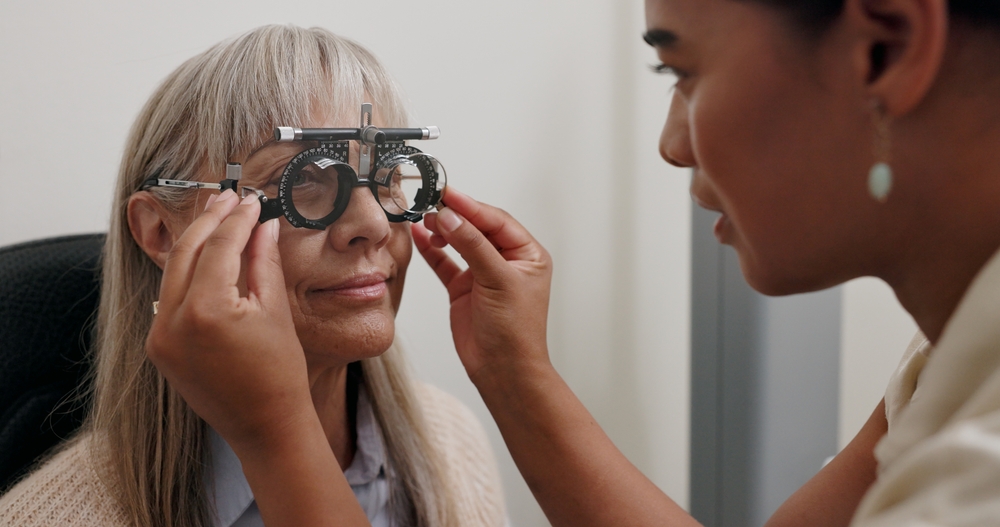
Top Tips for Maintaining Healthy Vision as You Age
As we grow older, keeping our vision in good shape becomes even more essential. Aging eyes may face issues like presbyopia, cataracts, glaucoma, and age-related macular degeneration (AMD). Fortunately, adopting healthy habits and scheduling regular eye exams can help protect your vision.
Schedule Regular Eye Exams
Annual comprehensive eye exams are vital for early detection of vision problems and eye diseases. Many eye conditions, such as glaucoma, don’t show symptoms in the early stages, so routine check-ups allow for timely treatment. Your eye doctor will also monitor changes in your vision, ensuring your prescription remains up-to-date.
Eat a Nutrient-Rich Diet
Certain nutrients are particularly beneficial for eye health. Incorporate foods rich in antioxidants, like leafy greens (spinach, kale), citrus fruits, and colorful vegetables like carrots and bell peppers. Omega-3 fatty acids, found in salmon, walnuts, and flaxseed, help maintain healthy retinas, while vitamin C, vitamin E, zinc, and lutein may lower the risk of age-related macular degeneration.
Protect Your Eyes from UV Rays
Long-term exposure to ultraviolet (UV) rays increases the risk of cataracts and macular degeneration. Wear sunglasses that block 100% of UVA and UVB rays whenever you're outdoors, even on cloudy days. Consider adding UV-protective coatings to your regular glasses as well for added protection.
Practice the 20-20-20 Rule
If you spend a lot of time looking at screens, your eyes can become strained. The 20-20-20 rule can help prevent digital eye strain: every 20 minutes, take a 20-second break and look at something 20 feet away. This practice can help relieve the discomfort of prolonged screen use and keep your eyes relaxed.
Quit Smoking
Smoking is harmful to many aspects of your health, including your vision. It has been linked to an increased risk of cataracts, AMD, and optic nerve damage. If you smoke, consider seeking support to quit—your eyes and overall health will benefit tremendously.
Stay Physically Active
Regular physical activity can improve your circulation, which benefits your eyes by delivering essential nutrients and oxygen. Studies have shown that physical activity can reduce the risk of glaucoma, especially in people with a family history of the condition.
Manage Health Conditions
Many systemic health conditions, like diabetes and high blood pressure, can have a significant impact on your vision. Diabetes, for example, is a leading cause of vision loss in adults due to diabetic retinopathy. Proper management of these conditions can reduce your risk of eye-related complications.
Keep Your Eyes Hydrated
As we age, our eyes produce fewer tears, which can lead to dry eye. Staying hydrated, using humidifiers, and using lubricating eye drops can help maintain moisture and prevent irritation. Regularly blinking when using screens also helps keep the eyes lubricated.
Wear Protective Eyewear
If you’re engaging in activities that could put your eyes at risk, like certain sports or home improvement projects, make sure to wear protective eyewear. Injuries from these activities are more common than you might think and can lead to serious vision issues.
Schedule Your Comprehensive Eye Exam with Savaglio Family Vision Today
Taking care of your eyes as you age doesn’t require drastic changes; small adjustments in your lifestyle and regular eye care can make a lasting difference. At Savaglio Family Vision, we’re here to help you keep your optimal vision and eye health at every stage of life.
Schedule your comprehensive eye exam with Savaglio Family Vision for personalized advice and support in maintaining your vision. Visit our office in Kenosha, Wisconsin, or call (262) 657-7850 to book an appointment today.







